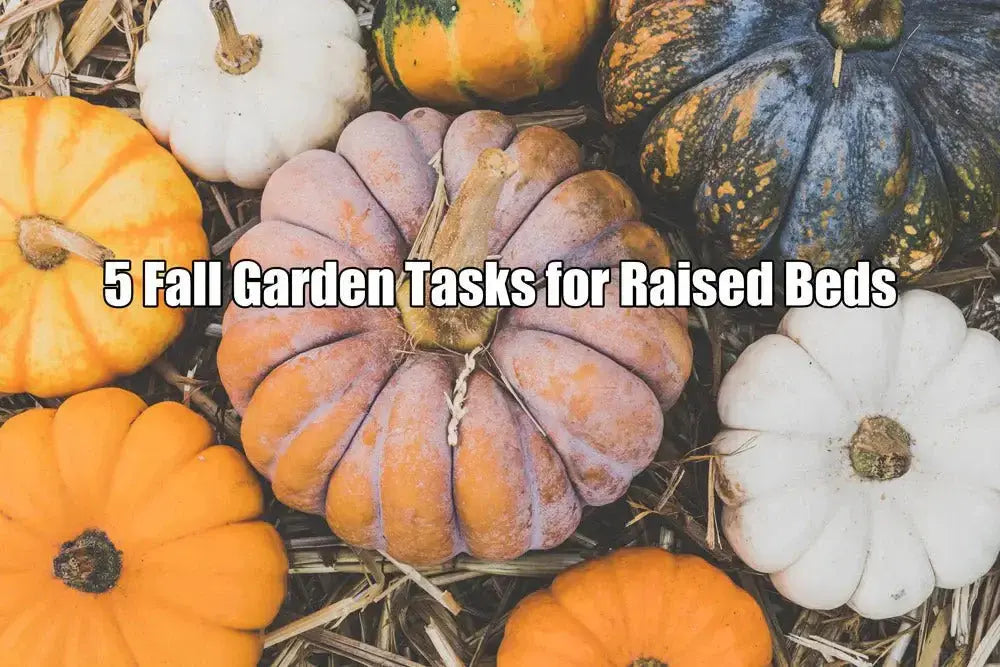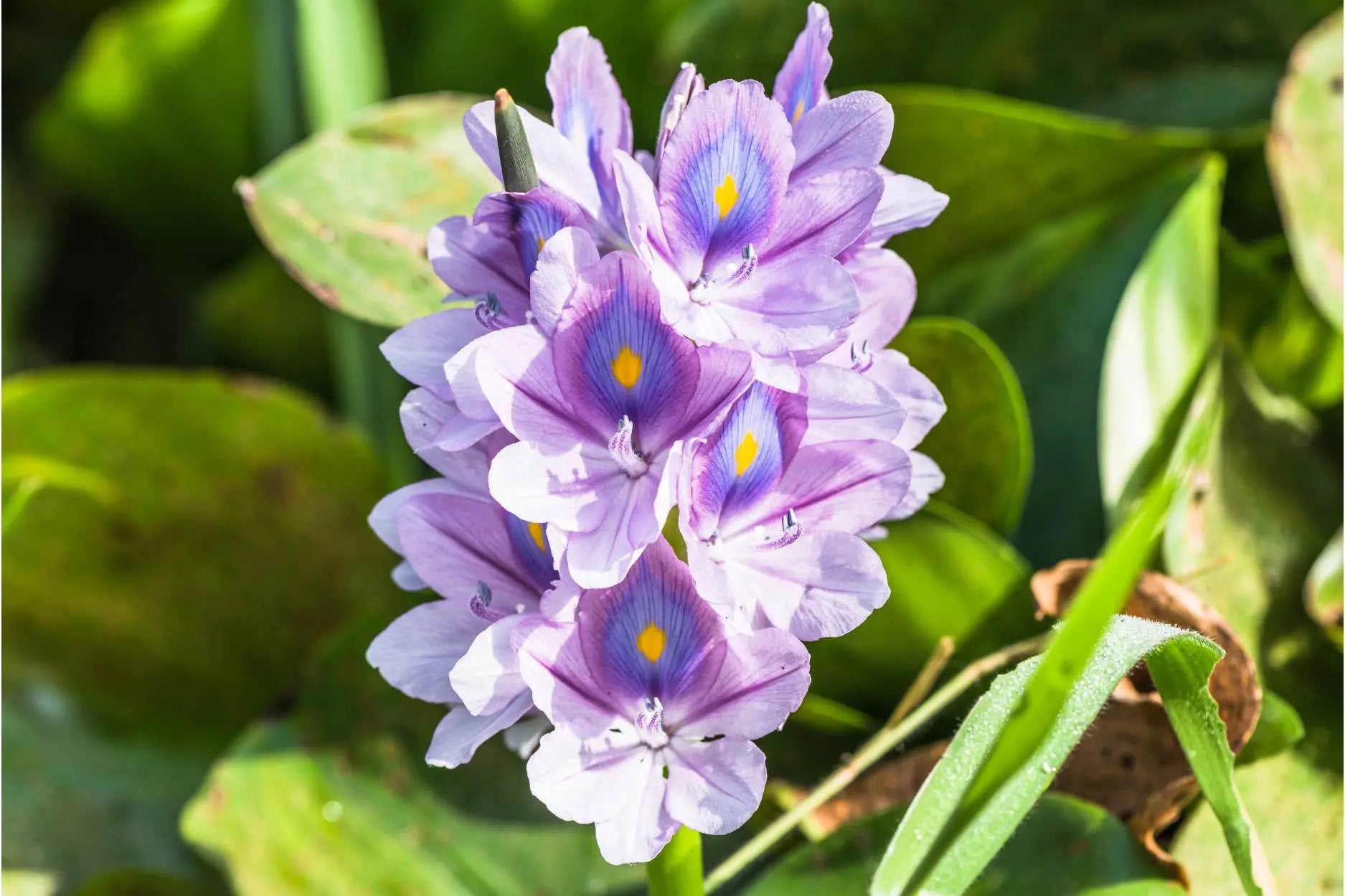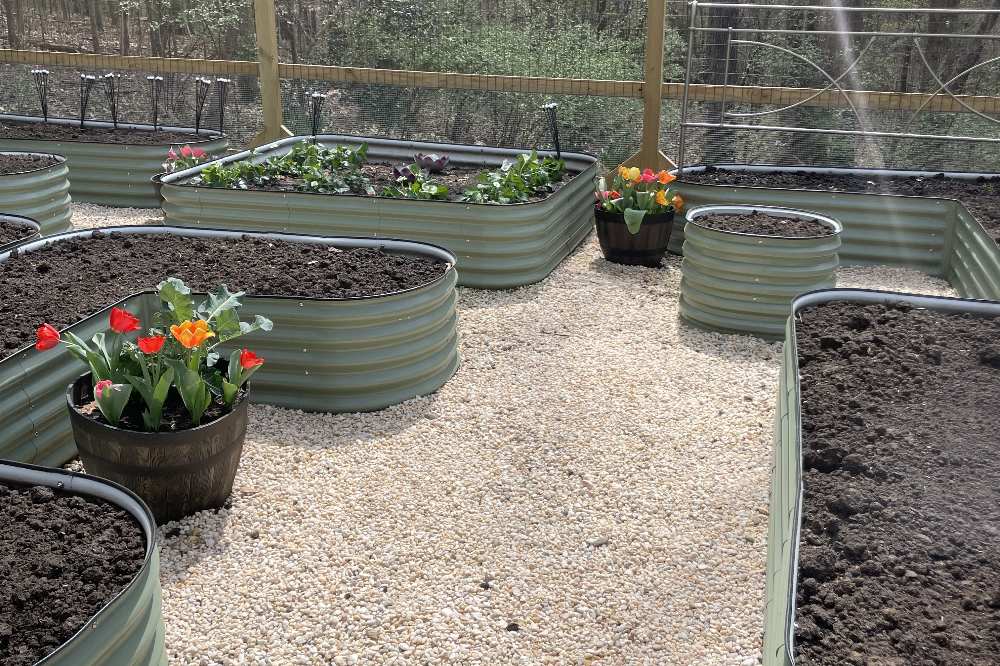Vegega Garden
Sep 16th, 2025
How to Get Rid of Gnats in Your Garden and Raised Beds
Get Rid of Mushrooms In The Raised Beds/ Lawns
Gnats, those tiny flying insects that often hover around our plants, can be a major nuisance for gardeners. Among them, fungus gnats are particularly troublesome, as their larvae feed on plant roots, potentially damaging young seedlings and potted plants. Many gardeners wonder, how do you get rid of gnats, especially in delicate environments like metal raised garden beds, where plants are cultivated in confined spaces.
This article provides practical, natural methods to eliminate gnats and prevent their return while highlighting how raised garden beds can be optimized to reduce infestations.
⬇️Click and Jump to section
- Gnats Vs. Fungus Gnats
- Signs of Gnat Infestation
- Why Metal Raised Beds Are Not Prone to Gnat Infestations
- Natural Ways to Get Rid of Gnats
- Preventing Future Infestations
Gnats Vs. Fungus Gnats

Gnats are small, flying insects that are commonly attracted to moist soil. While adult gnats primarily cause irritation by flying around plants, fungus gnats pose a greater threat. Fungus gnat larvae live in the top layers of soil and feed on organic matter and plant roots, leading to stunted growth and yellowing leaves. These pests are especially prevalent in potted plants, metal planter boxes, and raised garden beds where soil moisture is consistently high.
The life cycle of fungus gnats consists of four stages: egg, larva, pupa, and adult. The larvae thrive in damp conditions and are the main culprits damaging roots, while adults can quickly multiply and infest new plants. Understanding this cycle is crucial for effective control.
Signs of Gnat Infestation

Detecting a gnat problem early can save plants from severe damage. Common signs include:
- Yellowing or wilting leaves due to root damage.
- Small black flies hovering over the soil surface.
- Consistently damp soil that attracts adult gnats.
In raised beds, particularly those with poor drainage or compacted soil, fungus gnats can quickly establish themselves. Overwatering and high humidity create the ideal environment for larvae to thrive. Here is an article introducing the benefits of using metal raised beds in gardening.
Why Metal Raised Beds Are Not Prone to Gnat Infestations

One of the biggest advantages of using metal raised garden beds is that they naturally discourage gnat problems compared to traditional in-ground plots or plastic containers. Here’s why:
1. Superior Drainage
- Fungus gnats thrive in damp, waterlogged soils.
- Metal raised beds allow excess water to drain quickly, keeping the soil surface drier.
- A drier topsoil layer makes it difficult for gnat larvae to survive.
2. Better Air Circulation
- The elevated design improves airflow around the soil.
- Constant air exchange prevents the humid, stagnant conditions that gnats prefer.
3. Customizable Soil Mix
- Unlike fixed ground soil, raised beds let you build a soil mix with high porosity and aeration.
- Adding perlite, coarse sand, or compost improves drainage, making the soil environment less favorable for gnats.
4. Less Organic Debris Accumulation
- In-ground beds often collect decaying leaves and fungi, which attract fungus gnats.
- Raised beds are easier to maintain and keep free of rotting material, lowering gnat food sources.
5. Height Advantage
- The elevated height of metal planter boxes creates a physical barrier.
- Gnats are more likely to attack low, damp soil than well-drained, elevated beds.
Note: While metal raised beds provide these natural protections, they are not 100% immune. Overwatering or using compact, water-retentive soil can still encourage fungus gnats. To fully benefit, pair raised bed design with proper watering practices and soil management.
Natural Ways to Get Rid of Gnats

If you prefer a chemical-free approach, there are several effective strategies to control gnats in plants naturally:
- Soil Drying Method: Reduce watering frequency and allow the top layer of soil to dry between waterings. Fungus gnat larvae cannot survive in dry conditions.
- Neem Oil Spray: Neem oil acts as a natural insecticide. Spraying the soil and foliage helps suppress fungus gnat larvae without harming plants.
- Hydrogen Peroxide Solution: A diluted mixture of hydrogen peroxide and water can be poured into the soil to kill larvae on contact while leaving plants unharmed.
- Biological Control: Beneficial nematodes or Bacillus thuringiensis israelensis (BTi), commonly available as Mosquito Bits, can be applied to the soil to naturally control larvae populations.
- Herbal Deterrents: Planting aromatic herbs like basil, mint, or rosemary in or around raised garden beds can repel adult gnats and improve the overall ecosystem of the garden.
Preventing Future Infestations
Long-term prevention is key to keeping gnats at bay. Some best practices include:
- Using well-draining soil to avoid excessive moisture.
- Adding mulch to metal planter boxes or raised garden beds to regulate soil humidity.
- Regular inspection during seasonal transitions, such as spring planting and fall harvest.
- Removing decaying plant material to reduce fungal growth that attracts gnats.
By combining these preventive measures with natural control methods, gardeners can minimize gnat problems without resorting to harsh chemicals.
Recommended Raised Beds for Fall Crops
Conclusion
So, how do you get rid of gnats effectively? The answer lies in a comprehensive approach: improving soil drainage, employing natural remedies, and maintaining preventive practices. Metal raised garden beds provide an additional advantage by enhancing airflow and soil management, making it harder for fungus gnats to establish. By following these strategies, gardeners can enjoy thriving plants with minimal pest interference, ensuring their raised beds remain healthy and productive throughout the growing season.



